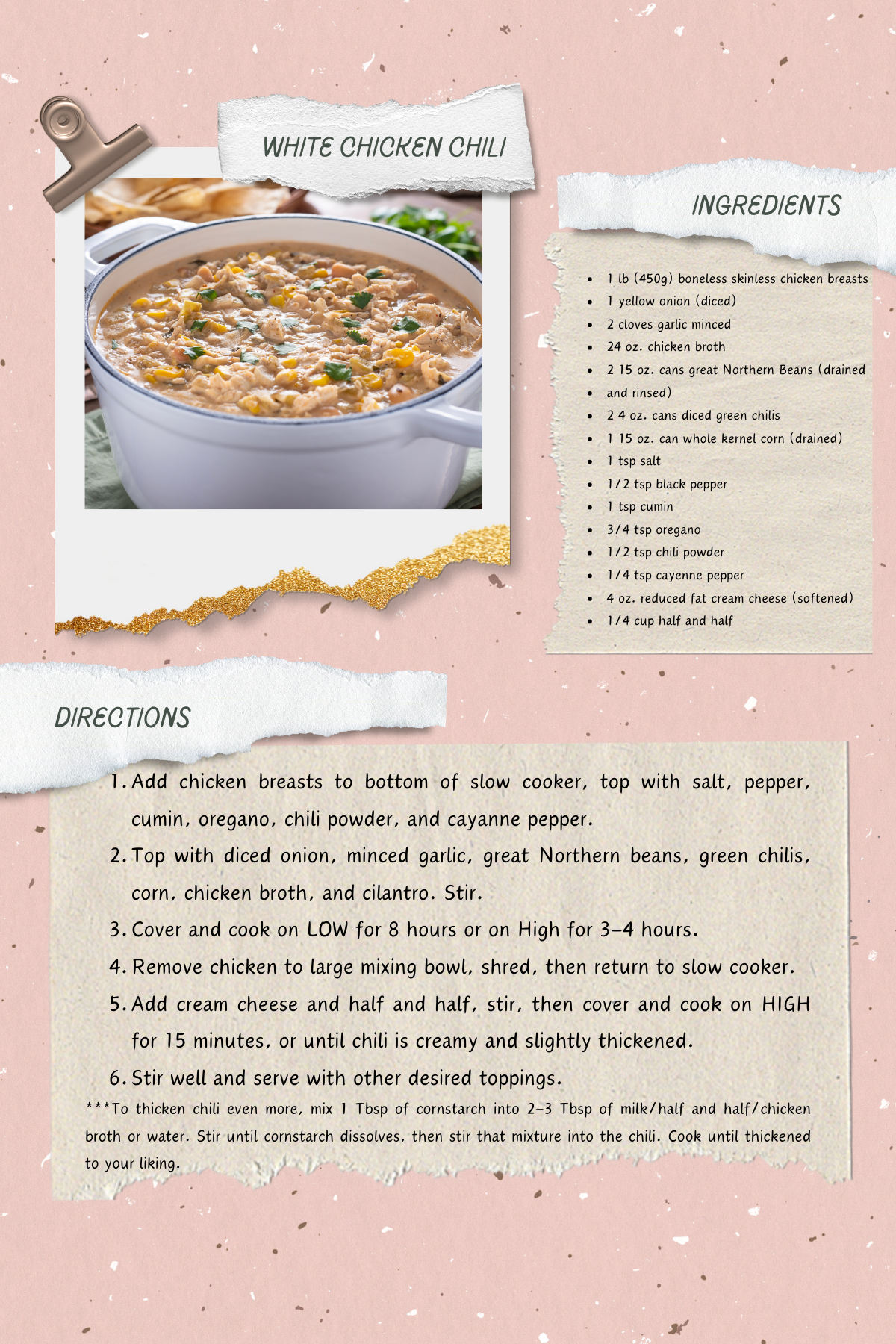Is This Feeling REALLY Hunger?
/It may sound a bit odd, but many people genuinely cannot tell if they’re physically hungry or if what they’re experiencing is a misleading hunger signal. A what? Misleading… Hunger… Signal. Sometimes you think you’re hungry and you may even experience physiological signs that feel like genuine physical hunger, but you ate an adequate meal a short time ago and your body is not actually physically hungry. That’s misleading hunger. People often confuse the signals of true hunger and misleading hunger (because they can appear to be very similar)! Let’s talk about some of the misleading hunger signals.
Feeling irritable or angry.
You’ve heard the term “hangry,” which is what a lot of people say when they are ‘beyond hungry.’ If you haven’t nourished your body with nutritious food and water for many hours, you may be experiencing genuine physical hunger. However, many times, when turning to food when you’re irritable or angry (as well as numerous other emotional states), you may be experiencing head hunger or emotional hunger, which have nothing to do with physiological hunger. Your “hunger” is related to an emotional need. You may need affirmation, or comfort, or companionship, or reassurance or any number of other emotional needs.
BEFORE YOU EAT: Take a few minutes to ask yourself what is going on in your life that you are irritable or angry about. (Be sure to include other emotions that may lead you to want to eat). If you can identify a circumstance or situation your emotion may be related to, find a healthy coping skill to use to help you work through your feelings. Food is not a healthy coping skill for effectively dealing with emotions.
Having a headache.
People often complain of having a headache when they are hungry, and it may be true that they are genuinely physically hungry. On the other hand, a headache may signal the need for water, not food.o
BEFORE YOU EAT: Drink a large glass of water and give your body some time to respond to the hydration. You may feel better before you know it and you haven’t eaten unnecessary calories.
Abdominal discomfort.
When your stomach is “growling” or you are having “hunger pangs,” are you literally in need of nutrition for your body (genuine physical hunger) or are you accustomed to the overly-full, “stuffed” feeling due to overeating?
BEFORE YOU EAT: Think about when you last ate and if what you ate was nutritious. Did you eat foods that could be causing upset in your stomach? Are you thirsty? Try water before food. Consider the possibility that what you want is to experience the emotional satisfaction from an overly full, stuffed belly and accept that is not a healthy option.
Having low energy.
Although people think having low energy may signal biological hunger, the reality is that true hunger provides energy – to secure a food source. Think historically. If people were hungry, they became energized to go out and find some food. Your low energy may indicate having an unhealthy diet filled with sugar, simple carbs, fast food, and junk food, which will leave you feeling lethargic. Having low energy may not have anything at all to do with hunger but may indicate that you are in need of more sleep! Another possibility is that you are bored and interpret having low energy as being hungry.
BEFORE YOU EAT: Always give drinking water a chance to help make you feel better before ingesting calories you don’t need. Getting up and engaging in an activity (cleaning out a closet, doing a 15-minute yoga video, or gathering the garbage from your car) often helps to increase energy because you’re moving! Remind yourself that boredom is not a reason to eat and loading up on sugar will only lead to an energy crash later on.
Craving sugar/simple carbs.
If you crave sugar, simple carbs (potato chips and other snack foods, highly processed foods) it may be a result of having a lot of stress in your life. People often turn to these sorts of foods to provide temporary relief of stressful situations. Craving sugar/simple carbs could also be an indication of an addiction to sugar/simple carbs, which have been shown to be as addictive as other drugs of abuse. OR, craving these types of foods may indicate that you just have a bad habit of looking for something to make you temporarily feel better (i.e., emotional eating).
BEFORE YOU EAT: Remind yourself that sugar and simple carbs do not add to your goals of remaining at a healthy weight and having a better quality of life. Berries are a much better option when you want something sweet. Notice I did not say fruit in general, because for people who want to lose weight and maintain a healthy weight, many fruits are poor choices. Know what you’re putting into your body! If you are experiencing stress or other emotions and are seeking relief from those feelings through sugar/simple carbs, take some time to learn about healthy coping skills for dealing with stress and emotions.
Take time to think about the reasons you are reaching for food. Pay attention to your body and whether or not it is in need of nutrition and you are genuinely physically hungry. Consider the possibility that you may not truly be hungry but are experiencing emotions and hope that food will distract you from how you feel. Learn to say “no” to food if you are not eating due to genuine physical hunger. Use the 4 ACES: Awareness of whether you are biologically hungry or are experiencing a misleading hunger signal. Acceptance of the fact that your past habits may have you accustomed to thinking you are physically hungry and may need to learn skills to refrain from eating if you are not truly hungry. Maintain a positive Attitude about the process of learning about your body in relation to physical hunger versus any misleading hunger signals. Take Accountability for learning healthy coping skills to avoid consuming unnecessary calories when you’re not physically hungry. Commit to recognizing misleading hunger signals and learning healthy skills to avoid eating when you’re not physically hungry. Put continued Effort into developing the habits of eating nutritious foods when you are physically hungry and refraining from eating when you’re not. Do these things to help you live your healthiest life and be your very best Self.




